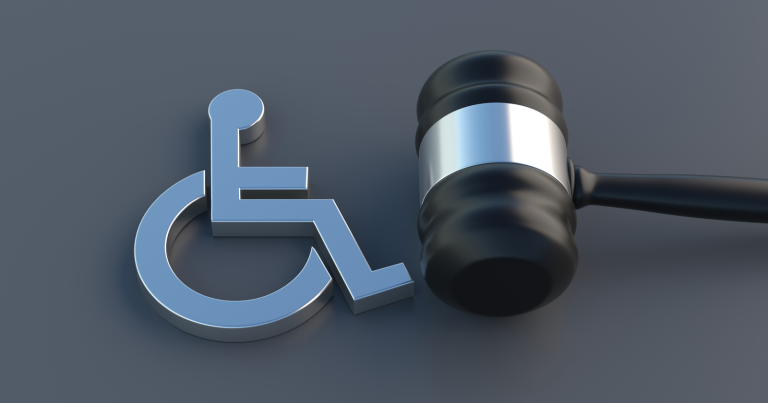
I was reading up on debt collection lawsuits when I ran across a post posing the question of whether or not a debt collector would sue a consumer for a sum as little as $5,000. That post centered more on credit card debt than anything else. Thinking about it, I got to wondering whether or not debt collection lawsuits are governed by any sort of monetary minimum.
At the end of the day, they are not. Whether you’re talking about a credit card company, a utility provider, a contractor, etc., creditors can sue customers for even the smallest amounts. The question for a creditor is if the time and effort expended on civil litigation and subsequent collection are worth it.
Filing a Lawsuit
Understanding what a creditor might do begins with knowing the basics of filing a debt collection lawsuit. Let’s say a contractor chooses to sue a customer who has failed to pay for services despite every effort being made to work out an amicable arrangement. The contractor will have to bring in an attorney. That means paying a retainer, at the very least.
The attorney may charge an hourly fee for work being done to prepare and file the actual suit. There will also be filing fees and, in some cases, other court costs that have to be paid upfront. All of this is in addition to whatever amount the customer owes.
Winning the lawsuit should mean that the consumer has to pay all of the contractor’s legal fees and court costs. So, in theory, everything the contractor pays to get through litigation will be passed on to the customer in the eventual monetary award. So far, so good.
Winning and Collecting

A savvy customer might realize he is beaten and choose to settle out of court. But assuming the case does go to trial, a judge is likely to rule in favor of a contractor who is able to prove that the debt is legitimate and the responsibility of the customer. Let’s assume that happens. A judgment is entered against the customer, covering the original amount owed plus attorney fees, legal costs, interest, and penalties.
Everything still looks good for the contractor. He is looking at a total monetary award that leaves him covering all of his losses. But it only works if the customer actually pays up. Therein lies the problem. The customer’s lack of payment is what led to the lawsuit to begin with. Is there sufficient reason to believe that the customer will pay after the fact?
Collection Takes More Time and Money
The experts at Judgment Collectors, a Utah collection agency that specializes in judgments, say that the one thing creditors fail to account for when finalizing debt collection lawsuits is that actual collection requires additional time and financial resources. The fact is that winning a lawsuit doesn’t guarantee payment. It only guarantees that a court record of the debt in question is created.
It should be noted that winning gives a creditor access to collection tools that are otherwise off limits. Those tools are sufficient motivation to sue in many cases. They include wage garnishment, judgment liens, and writs of execution that allow for property seizure and sale.
Is there a minimum amount that governs debt collection lawsuits? No. The more important thing is how likely the creditor is to actually get paid. If that likelihood is high, any amount of money can be recovered. But if it’s low, it may not make sense to sue no matter how much a debtor owes.




